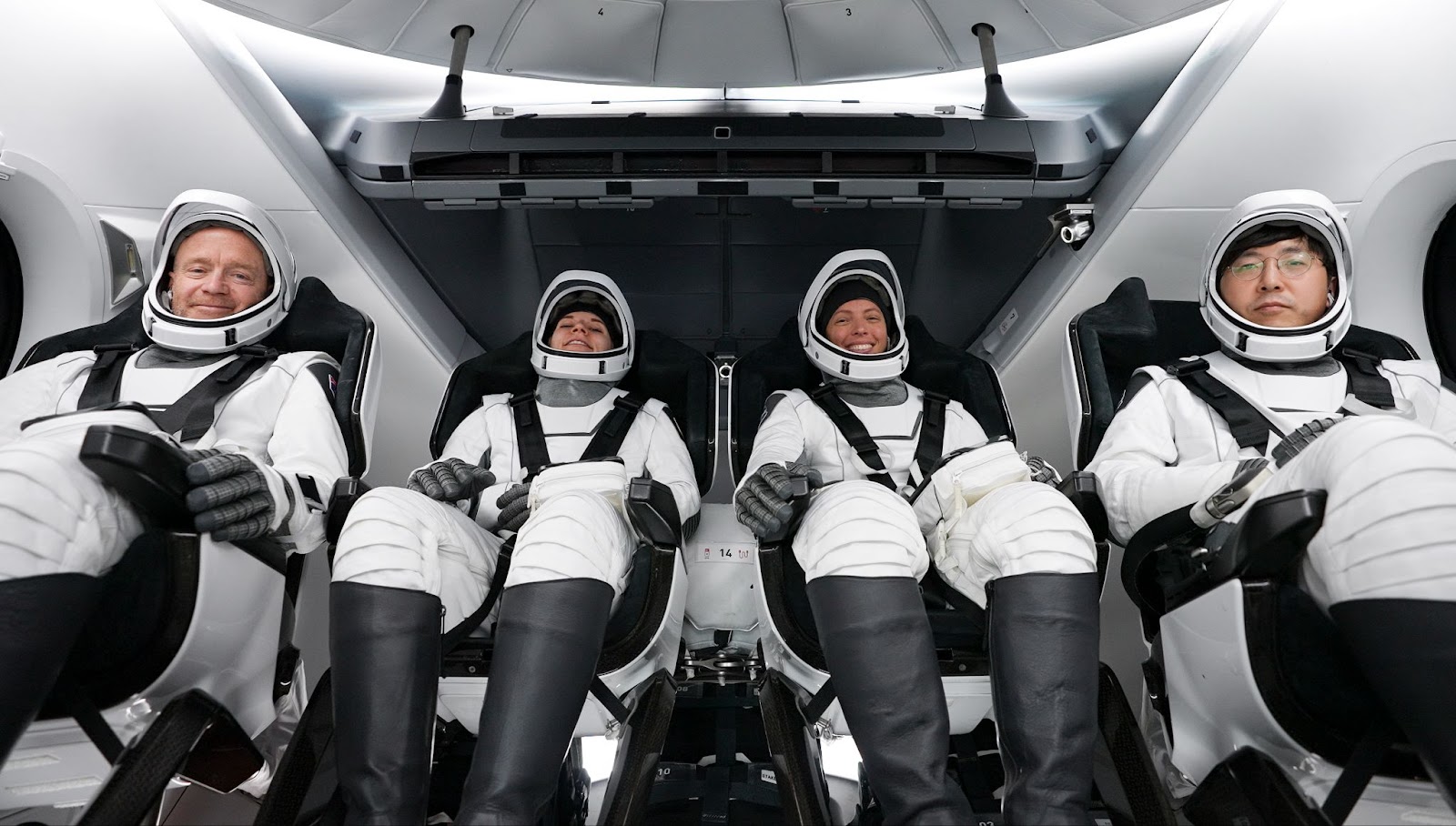SpaceX has launched a mission featuring a crew of four private astronauts, marking the inaugural manned spaceflight to orbit the Earth’s poles, funded and steered by a prominent crypto investor.
Chun Wang, a Maltese entrepreneur originally from China and the founder of the Bitcoin mining pool F2Pool, financed and is at the helm of the “Fram2” mission, named after a 19th-century Norwegian ship known for Arctic exploration.
Wang and his companions took off from Cape Canaveral, Florida, at 1:46 am UTC on April 1, embarking on a three- to five-day journey that makes history as the first human space mission to transit over both the North and South Poles.
Liftoff of Fram2 and the @framonauts! pic.twitter.com/XBL5juCnHQ
— SpaceX (@SpaceX) April 1, 2025
Although Wang has not revealed the cost of the flight with SpaceX, he is accompanied by a team that includes German polar researcher Rabea Rogge, Norwegian cinematographer Jannicke Mikkelsen, and Australian Arctic explorer Eric Philips.
According to SpaceX, the crew will conduct 22 experiments, such as performing the first X-ray in space and cultivating mushrooms, aimed at shedding light on human health in space and the implications of extended space missions.

Chun Wang (right) inside the SpaceX Dragon capsule with Jannicke Mikkelsen (center-right), Rabea Rogge (center-left), and Eric Philips (left).
Originally from China, Wang announced in 2023 his naturalization as a Maltese citizen. He launched F2Pool in 2013, which became one of China’s earliest Bitcoin mining operations and now ranks as the fourth-largest, controlling nearly 10% of the market, according to mempool.space.
In 2018, he also established Stakefish, a provider of Ethereum staking pools, which current beaconchain data indicates is the eighth largest pool, featuring approximately 2,025 validators.
Related: Exploring the ambitious space station plans of an ‘eccentric’ Ripple founder
After lifting off from Florida, Wang and his team reached the South Pole in under 30 minutes, flying roughly 265 miles (430 kilometers) above the Earth. They are projected to complete a full orbit of the planet approximately every 90 minutes.
The SpaceX Dragon capsule is set to land off the coast of California at the mission’s conclusion, marking a first for the company.
Magazine: Why crypto enthusiasts are captivated by longevity and biohacking
